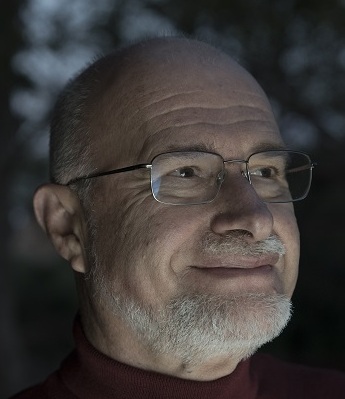In this post I highlight the work of Denise Nicholson, Scholarly Communications Librarian at the University of Witwatersrand (‘Wits”), who holds a master’s degree in intellectual property law. Denise publishes a free online international information service, [Copyrightanda2kinfo] Copyright & A2K Issues, covering a wide range of topics, including copyright, plagiarism, predatory publishing, and other intellectual property matters, open access, open publishing, open learning resources, institutional repositories, scholarly communication, digitization and library matters, mobile technologies, issues affecting access to knowledge (A2K), particularly in developing countries; World Trade Organization (WTO) and World Intellectual Property Organization (WIPO) treaties, reports and negotiations and matters; free trade agreements and the Agreement on Trade-Related Aspects of Intellectual Property Rights (TRIPS) and attempts to expand it (TRIPS Plus); useful websites, conference alerts, etc. The content is archived at: https://africanlii.org/content/copyright-a2k-information. One can subscribe to the list at: http://lists.wits.ac.za/mailman/listinfo/copyrightanda2kinfo or email Denise.Nicholson@wits.ac.za. It is kept well up-to-date.
She also maintains a range of useful LibGuides, among others, on Open Access, A2K & Scholarly Communication, Open educational resources, Open Educational Resources for Humanities & Social Sciences: Introduction to OERs, and Scholarly Communication/Publication: Intro. They are well-organized, up-to-date, and crammed with useful links.
While writing chapters 7 and 8 of my book I made good use of Denise’s information service and several of her LibGuides, and I’m indebted to her for constructive comments on the drafts of those chapters. Chapter 7 deals generally with the political economy of information, whilst Chapter 8 is concerned with access to knowledge and global flows of information. To systematize and summarize the huge volume of writing on the latter, I used access to knowledge (A2K) as my umbrella term. Confining myself largely to scholarly communication, I placed attitudes to the intellectual property regime and the positions and initiatives taken in response to it on a continuum ranging from explicit or implicit acceptance of the IP system, through increasing forms of resistance, to rejection of it, as depicted in the following diagram (p.461):

I tend to conceptualize open access as being roughly in the middle of this continuum, since it reflects some ambivalence about intellectual property. Some theorists see the term “intellectual property” as a contradiction in terms, but depending on which model is proposed (grey, green, gold, etc.) there is implicit acceptance of intellectual property along with the desire to combat its excesses. There is much continuing discussion about this, which is summarized very briefly in my book. Denise’s information service will help you to keep up to date.

